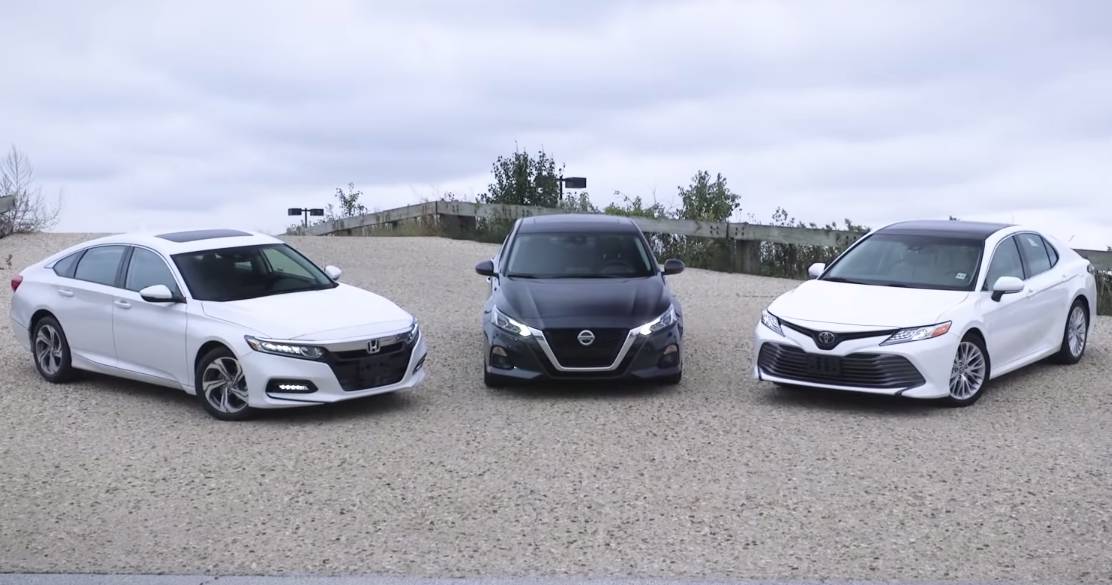Based on the geographic locations of their plants, Honda, Toyota, and Nissan are the most vulnerable to climate change abnormalities of any automobile company, according to a Greenpeace analysis.
According to Moody’s ESG Solutions data study on physical risks, the Japanese major three are anticipated to encounter excessive storms, floods, high temperatures, and water shortages in the future.
Greenpeace goes on to say that these dangers would also have an impact on their critical activities, such as manufacturing and logistics. According to the survey, Volkswagen, Stellantis, and other European automakers with northern production bases are the least likely to experience climate change difficulties.
Japanese manufacturers have also been slow to respond to the growing electric vehicle (EV) revolution, prompting distrust from environmentalists.
Read Also: DFSK’s Sister Company Introduces Two Hummer EV Rivals
Toyota, which was awarded the highest score, was chastised by Greenpeace for being “reluctant to reveal climate concerns in regard to its facilities” and was recommended to “take more active steps to decrease its carbon footprint.” According to analysts, more than 90% of Toyota’s manufacturing units are vulnerable to at least one severe climate hazard every year.
Automobile Manufacturers’ Reaction
Toyota responded to the report by stating that company is aware of climate change risks and has established a “disaster-resilient supply chain.”
The company stated.
Toyota has a solid track record of working within its resources to restore its operations and production in the event of climate change-related disasters, earthquakes and fires with humanitarian assistance and early restoration of affected areas as the utmost priority. It is impossible to predict exactly when, where, and what kind of disaster will occur in each country and region, we believe it is more important to create a system and human resources to minimize damage through early restoration and other measures.
Nissan responded similarly, but Honda declined to comment on the allegation. In light of such disclosures, criticism of major manufacturers’ slow speed in converting to EVs and developing an environmentally friendly value chain continues to increase.










